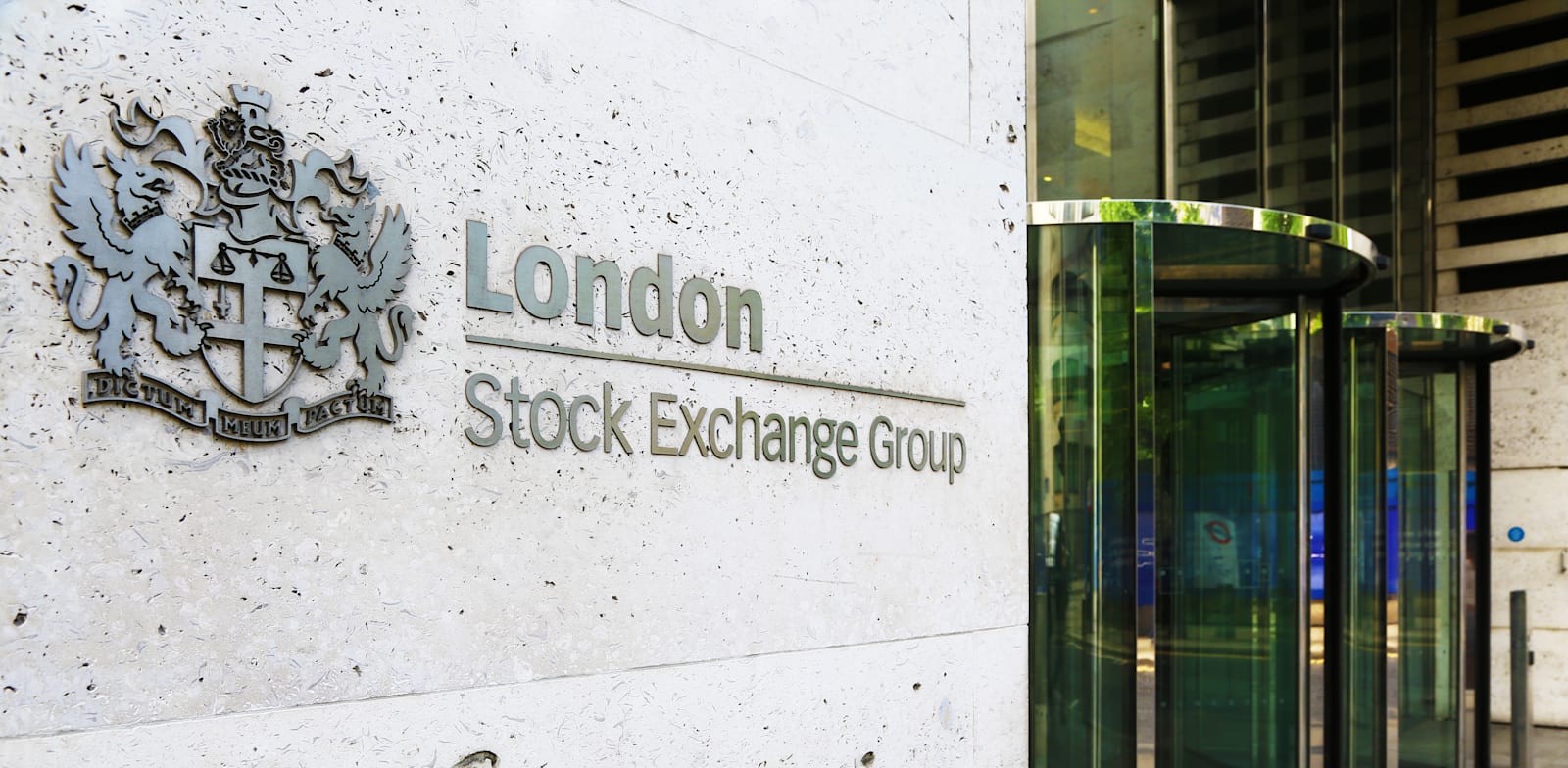
At the end of 2023, the euro zone officially entered a recession as confirmed by a review conducted by Eurostat. The region’s economy contracted by 0.1% in the fourth quarter of the year, marking two consecutive negative periods. Although initial estimates had suggested that the monetary area had stagnated during this time, the revised data now confirms the recession.
The downward revision in the euro zone was influenced by weaker data from countries like Latvia, Portugal, Lithuania, and Finland. While some countries saw upward revisions in their GDP growth, it wasn’t enough to offset the overall negative trend. The four major euro economies saw mixed results, with Germany contracting, France and Italy seeing marginal growth, and Spain accelerating its growth.
Analysts attribute the slower growth in the euro zone to various factors such as deteriorating household purchasing power, monetary adjustments, reduced fiscal aid, and decreased external demand. Lower business investment and consumer confidence also contributed to the economic slowdown. The forecasts for the coming year indicate a continuation of the downturn, with international organizations predicting modest growth for the region.
The International Monetary Fund and European Commission both expect the euro zone’s GDP to grow at a slower rate compared to other regions due to factors such as war in Ukraine, energy crisis and ongoing geopolitical tensions. However there is hope for a gradual revival in economy in second half of year supported by easing inflationary pressures and increased consumer spending.
Additionally measures like interest rate cuts and European funds are expected to stimulate economic recovery.





